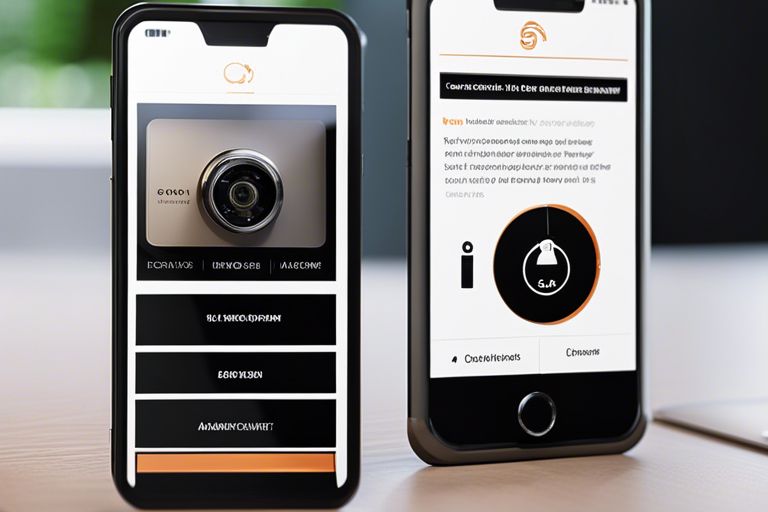The Growing Importance of Mobile Security
With the rapid advancement of technology, mobile devices have become an integral part of our daily lives. From smartphones to tablets, we rely on these devices for communication, entertainment, and even financial transactions. However, the need for robust mobile security increases as our dependence on mobile devices increases.
Mobile security refers to the measures taken to protect mobile devices and the data they store from unauthorized access, malware, and other cyber threats. It encompasses various aspects such as secure authentication, data encryption, secure app development, and regular software updates.
The Current State of Mobile Security
While mobile security has come a long way, significant challenges still need to be addressed. Mobile devices are vulnerable to attacks, including phishing, malware, and network spoofing.
One of the main reasons for the vulnerability of mobile devices is the sheer number of apps available for download. Many of these apps come from third-party sources and may contain malicious code. Users often unknowingly download these apps, putting their devices and data at risk.
Another challenge is the lack of awareness among users about mobile security best practices. Many users do not take the necessary precautions, such as using strong passwords, enabling two-factor authentication, and keeping their devices and apps updated.
The Future of Mobile Security
As the threat landscape evolves, so does the need for advanced mobile security solutions. Here are some key trends that will shape the future of mobile security:
1. Biometric Authentication
Biometric authentication, such as fingerprint and facial recognition, is becoming increasingly popular in mobile devices. This form of authentication offers a higher security level than traditional methods like passwords and PINs.
2. Artificial Intelligence
Artificial intelligence (AI) will play a crucial role in mobile security. AI algorithms can analyze user behaviour and detect anomalies that may indicate a security breach. It can also automate security tasks and provide real-time threat intelligence.
3. Blockchain Technology
Blockchain technology has the potential to revolutionize mobile security. It can provide a decentralized and tamper-proof system for storing and verifying user identities, transactions, and other sensitive data.
4. Mobile Threat Defense
Mobile threat defence solutions are designed to protect mobile devices from advanced threats. These solutions use machine learning and behavioural analytics to detect and block malicious activities in real-time.
5. Secure App Development
With increasing number of mobile apps, secure app development practices will become even more critical. Developers must follow specific coding rules and regularly update their apps to address vulnerabilities.
Conclusion
Mobile security will become increasingly important as mobile devices continue to play a central role in our lives. The future of mobile security lies in advanced technologies such as biometric authentication, artificial intelligence, and blockchain. Users must stay informed about mobile security best practices and take the necessary steps to protect their devices and data.






